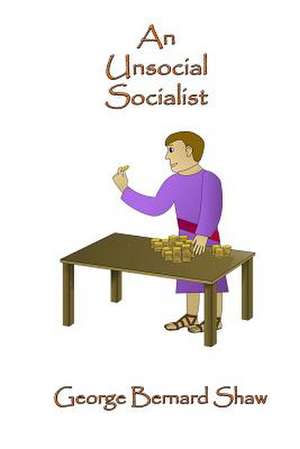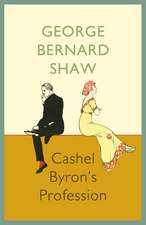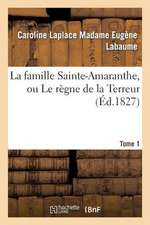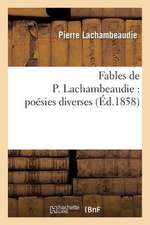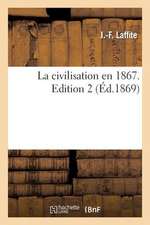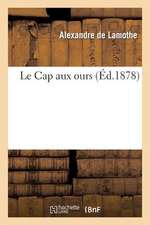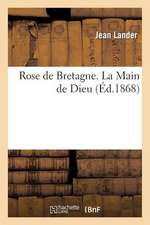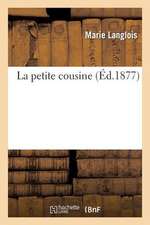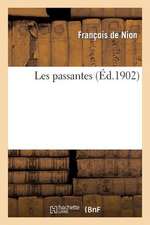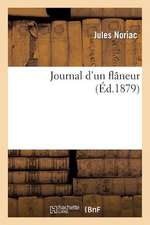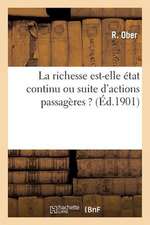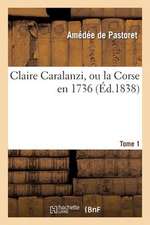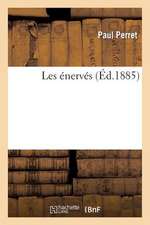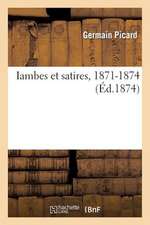An Unsocial Socialist
Autor George Bernard Shaw Editat de Russell Leeen Limba Engleză Paperback
| Toate formatele și edițiile | Preț | Express |
|---|---|---|
| Paperback (8) | 61.57 lei 3-5 săpt. | +29.20 lei 6-10 zile |
| John Murray Press – 16 aug 2012 | 61.57 lei 3-5 săpt. | +29.20 lei 6-10 zile |
| – | 74.52 lei 3-5 săpt. | |
| CREATESPACE – | 75.39 lei 3-5 săpt. | |
| CreateSpace Independent Publishing Platform – 12 dec 2015 | 77.57 lei 3-5 săpt. | |
| – | 87.01 lei 3-5 săpt. | |
| CREATESPACE – | 114.01 lei 3-5 săpt. | |
| Tark Classic Fiction – 20 apr 2008 | 89.18 lei 6-8 săpt. | |
| 1st World Library – | 113.79 lei 6-8 săpt. | |
| Hardback (1) | 213.80 lei 6-8 săpt. | |
| 1st World Library – | 213.80 lei 6-8 săpt. |
Preț: 114.01 lei
Nou
Puncte Express: 171
Preț estimativ în valută:
21.82€ • 23.77$ • 18.38£
21.82€ • 23.77$ • 18.38£
Carte disponibilă
Livrare economică 02-16 aprilie
Preluare comenzi: 021 569.72.76
Specificații
ISBN-13: 9781508934486
ISBN-10: 1508934487
Pagini: 416
Dimensiuni: 152 x 229 x 22 mm
Greutate: 0.55 kg
Editura: CREATESPACE
ISBN-10: 1508934487
Pagini: 416
Dimensiuni: 152 x 229 x 22 mm
Greutate: 0.55 kg
Editura: CREATESPACE
Notă biografică
Pygmalion is a play by George Bernard Shaw, named after a Greek mythological figure. It was first presented on stage to the public in 1913. In ancient Greek mythology, Pygmalion fell in love with one of his sculptures, which then came to life. The general idea of that myth was a popular subject for Victorian era English playwrights, including one of Shaw's influences, W. S. Gilbert, who wrote a successful play based on the story called Pygmalion and Galatea that was first presented in 1871. Shaw would also have been familiar with the burlesque version, Galatea, or Pygmalion Reversed. Shaw's play has been adapted numerous times, most notably as the musical My Fair Lady and its film version. Shaw mentioned that the character of Professor Henry Higgins was inspired by several British professors of phonetics: Alexander Melville Bell, Alexander J. Ellis, Tito Pagliardini, but above all, the cantankerous Henry Sweet.
